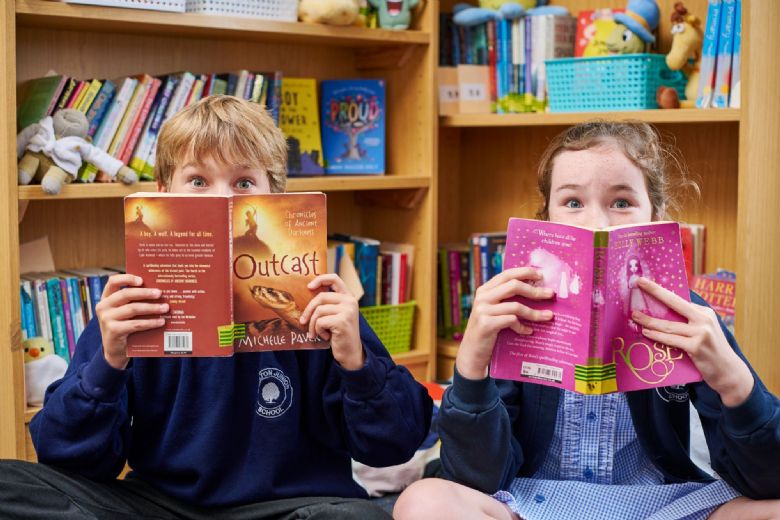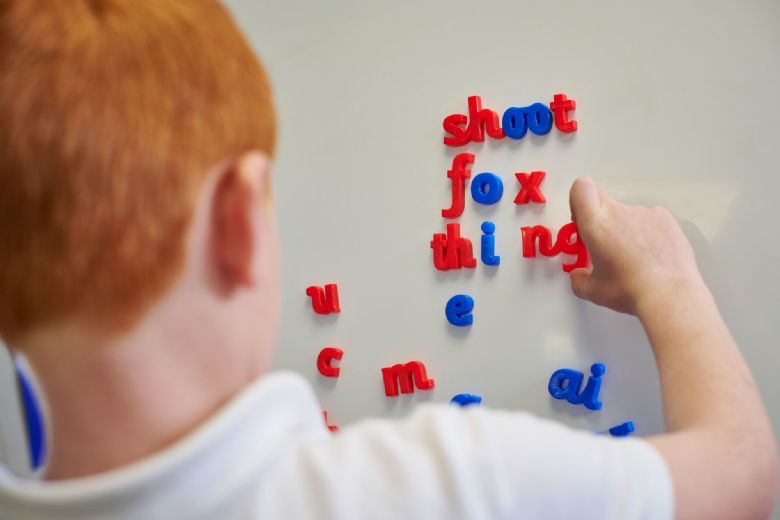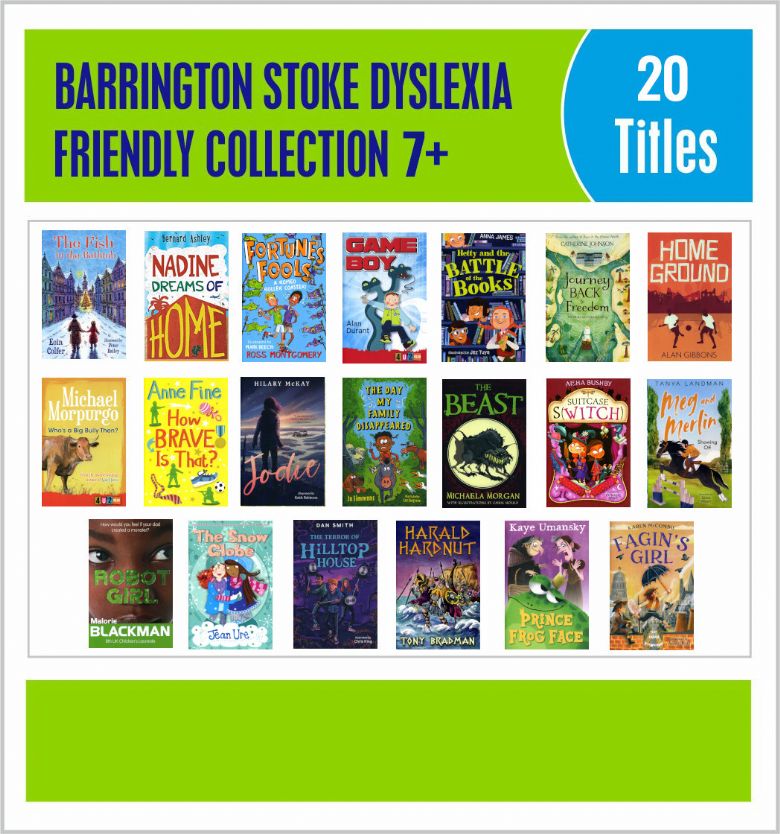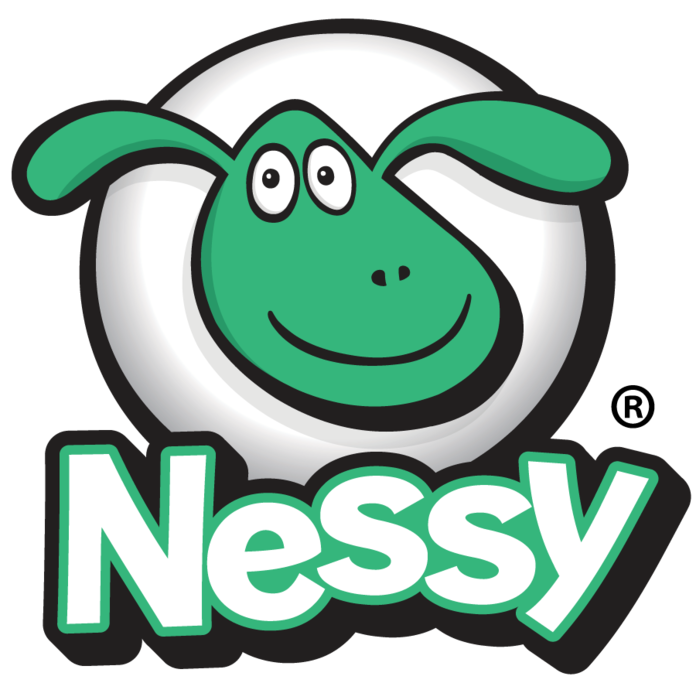English
At Paulton Junior School we believe that a quality English curriculum should develop children’s love of reading, writing, spelling and discussion. Producing learners who are curious to learn, want to discover more, have a thirst for learning and are life-long learners. We have a rigorous and well organised English curriculum that provides many purposeful opportunities for reading, writing, spelling and discussion.

Our Curriculum Intent
Our curriculum closely follows the aims of the National Curriculum for English 2014 to enable all children to:
● read easily, fluently and with good understanding
● develop the habit of reading widely and often, for both pleasure and information
● acquire a wide vocabulary, an understanding of grammar and knowledge of linguistic conventions for reading, writing and spoken language
● appreciate our rich and varied literary heritage
● write clearly, accurately and coherently, adapting their language and style in and for a range of contexts, purposes and audiences
● use discussion in order to learn; they should be able to elaborate and explain clearly their understanding and ideas
● are competent in the arts of speaking and listening, making formal presentations, demonstrating to others and participating in debate.
These aims are embedded across our English lessons and the wider curriculum. We will provide the means for children to develop a secure knowledge-base in English, which follows a clear pathway of progression as they advance through the primary curriculum. Rigorous assessment and review will ensure that we are able to provide targeted support so that all children experience success in English; we believe that a secure basis in literacy skills is crucial to a high-quality education and will give our children the tools they need to participate fully as a member of society.

How do we implement this?
 In KS2, when children have developed deeper reading skills from their KS1 experience, they embark on the Accelerated Reader (AR) Reading Programme. Each class also has constant access to appropriate books in the AR programme in classrooms and in year group libraries. Along with this, further reading materials can be found in the library, where children can access wider reading opportunities linked to all areas of the curriculum and the library also provides quality reading materials for all children to promote reading for enjoyment. The children also take part in organising and developing their classroom reading area, in order to show a celebration of reading. Each year group has access to a range of books within the Accelerated Reader Scheme across the ZPD ranges. Lower attaining readers also have access to the Fonetti reading app and a mixture of phonics
In KS2, when children have developed deeper reading skills from their KS1 experience, they embark on the Accelerated Reader (AR) Reading Programme. Each class also has constant access to appropriate books in the AR programme in classrooms and in year group libraries. Along with this, further reading materials can be found in the library, where children can access wider reading opportunities linked to all areas of the curriculum and the library also provides quality reading materials for all children to promote reading for enjoyment. The children also take part in organising and developing their classroom reading area, in order to show a celebration of reading. Each year group has access to a range of books within the Accelerated Reader Scheme across the ZPD ranges. Lower attaining readers also have access to the Fonetti reading app and a mixture of phonics  decodable books (and although these resources are not linked to Accelerated Reader, these books assist with decoding and fluency allowing children to progress in reading in order to access AR). Reluctant readers or readers with additional needs also have access to a range of Barrington Stokes books (which are also linked to their ZPD in AR).
decodable books (and although these resources are not linked to Accelerated Reader, these books assist with decoding and fluency allowing children to progress in reading in order to access AR). Reluctant readers or readers with additional needs also have access to a range of Barrington Stokes books (which are also linked to their ZPD in AR).
When planning English lessons, teachers make links to other areas of the curriculum to ensure that cross curricular links provide further context. Teaching modules focus on fiction, non-fiction or poetry, in line with the 2014 National Curriculum in order to write for a range of contexts, in a range of styles and for a range of purposes.
Lessons sequences progress towards an extended piece of writing through the use of initial assessment, text deconstruction (including model text analysis), contextualised construction (in-depth learning on punctuation and grammar that is contextualised to the text type), reconstruction (using modelling and scaffolding where appropriate to allow opportunity for independent application and collaborative editing) and then further assessment (against the age-related expectations). Assessment for Learning is embedded in English lessons and children are active in reviewing the successes in their work and identifying, with support from their teacher, target areas for development to ensure a continuous and individualised approach to improving their work. Punctuation and grammar may also be taught as independent revision lessons along with the contextualised lessons where it is linked to their writing. Children will be exposed to the fluency and reasoning of punctuation and grammar and this should revised and revisited throughout the four year groups, with increasing difficulty and exposure, in accordance with our progression document.
 Children are exposed to regular and weekly spelling lessons, using phonics vocabulary throughout the whole of KS2, and following our spelling scheme. This is very much based on children’s levels, along with addressing year group spelling rules and statutory spelling lists. They will also revisit these rules daily, along with yearly in line with our progression document. Lower attaining spellers have regular access to a Nessy spelling programme (to work on the reading and writing of phonics), Fonetti (to help with the fluency and reading of words) and high quality
Children are exposed to regular and weekly spelling lessons, using phonics vocabulary throughout the whole of KS2, and following our spelling scheme. This is very much based on children’s levels, along with addressing year group spelling rules and statutory spelling lists. They will also revisit these rules daily, along with yearly in line with our progression document. Lower attaining spellers have regular access to a Nessy spelling programme (to work on the reading and writing of phonics), Fonetti (to help with the fluency and reading of words) and high quality  interventions taught by both teachers and teaching assistants, in line with their need.
interventions taught by both teachers and teaching assistants, in line with their need.
Handwriting is also taught within English lessons (and discreetly), and outcomes in KS2 are recorded in handwriting books (as well as all other books) to promote a high level of pride and presentation across all written outcomes. Throughout the school, our handwriting progresses in line with our progression document, to include speed, fluency, style and use of a variety of writing tools. This is in continuation with the handwriting scheme at Paulton Infants School.
To enrich the English curriculum, the school participates in many local and national Literacy events. Including: World Book Day and Bath Literature Festival. Children also take part in poetry, writing and handwriting competitions, which are celebrated in whole school assemblies and children’s efforts with reading are celebrated regularly in whole school assemblies on a termly basis.

